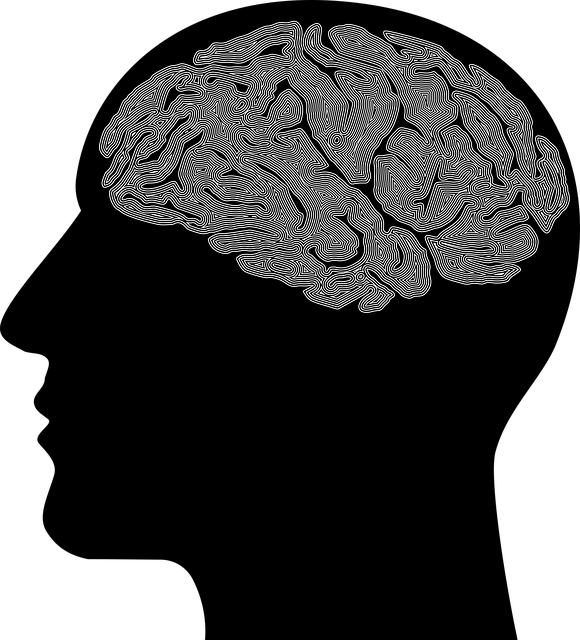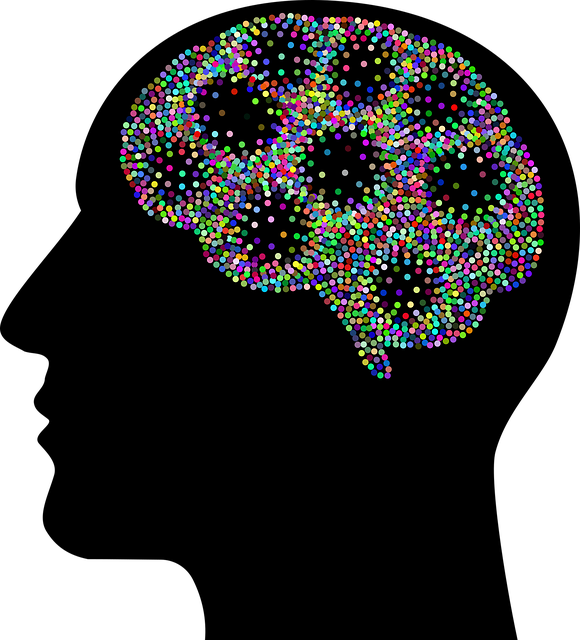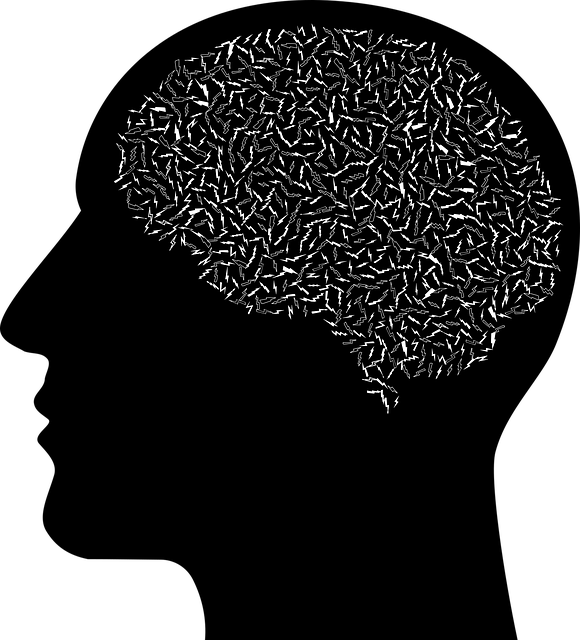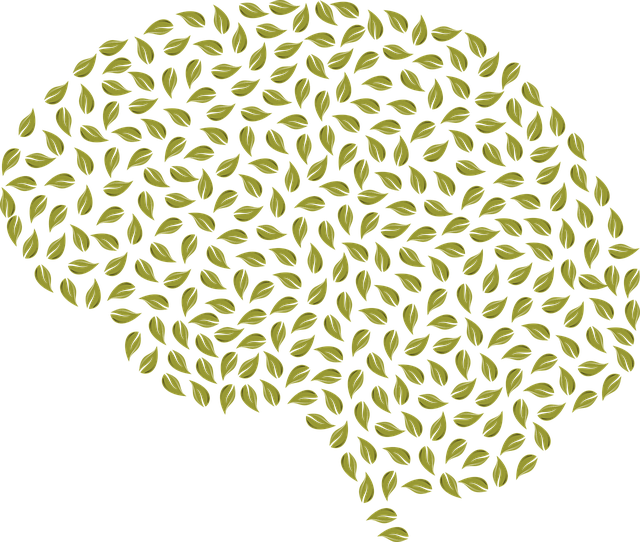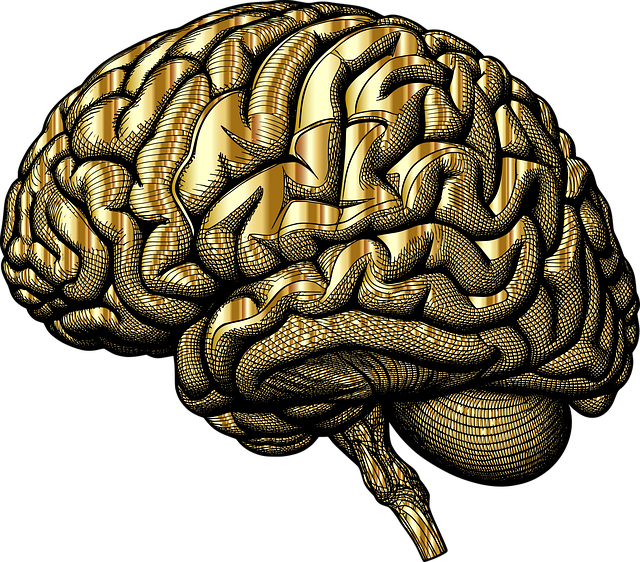Emotional intelligence (EI) is a transformative tool in treating Wheat Ridge Obsessive Compulsive Disorder (OCD), offering improved social interactions, communication, and relationship dynamics. By understanding and managing emotions, individuals can navigate stress better and heal emotionally. EI development involves self-regulation, empathy, and communication skills, often guided by professionals using techniques like Crisis Intervention and mindfulness practices. Integrating EI into daily routines and community outreach programs enhances OCD therapy in Wheat Ridge, promoting long-term recovery through improved resilience and stress management.
Emotional intelligence (EI) is a powerful tool for enhancing mental well-being and managing conditions like Wheat Ridge Obsessive Compulsive Disorder (OCD). Understanding EI’s impact on mental health is the first step towards personal growth. This article explores practical strategies to develop EI skills, emphasizing their integration into daily life for effective therapy. By delving into these techniques, individuals can navigate their emotions, improve relationships, and lead more fulfilling lives, ultimately alleviating symptoms of OCD.
- Understanding Emotional Intelligence and its Impact on Mental Health
- Strategies for Developing Emotional Intelligence Skills
- Integrating Emotional Intelligence into Daily Life for Effective Wheat Ridge OCD Therapy
Understanding Emotional Intelligence and its Impact on Mental Health

Emotional intelligence (EI) refers to an individual’s ability to recognize, understand, and manage their own emotions, as well as recognize, interpret, and influence the emotions of others. This skill set goes beyond mere empathy; it involves self-awareness, self-regulation, motivation, empathy, and social skills. For individuals dealing with conditions like Wheat Ridge Obsessive Compulsive Disorder (OCD) therapy, building emotional intelligence can be transformative.
EI plays a significant role in mental health by fostering healthier relationships, improving communication, and enhancing coping mechanisms. It facilitates the understanding of underlying emotions driving repetitive behaviors or thoughts, enabling individuals to employ effective stress reduction methods and emotional healing processes. Moreover, it boosts self-esteem improvement, helping people better navigate social situations and assert their needs.
Strategies for Developing Emotional Intelligence Skills

Developing emotional intelligence (EI) skills is a multifaceted process that involves understanding and managing one’s own emotions, as well as empathizing with and effectively communicating with others. A key strategy in this journey is seeking professional help when needed. For instance, Wheat Ridge Obsessive Compulsive Disorder Therapy offers valuable insights into managing not just OCD but also other emotional challenges. Therapists can provide tailored guidance, using techniques like Crisis Intervention to help individuals navigate intense emotions during stressful situations.
Additionally, engaging in mindfulness practices and regular self-reflection can significantly enhance EI. This includes adopting Stress Reduction Methods to cultivate a calm mind, enabling better decision-making and empathetic responses. Emotional Healing Processes, often facilitated by therapists or through personal growth exercises, can also play a crucial role in developing a deeper understanding of one’s feelings and those of others, thereby fostering stronger interpersonal connections.
Integrating Emotional Intelligence into Daily Life for Effective Wheat Ridge OCD Therapy

Integrating emotional intelligence (EI) into daily life is a powerful tool for navigating and managing conditions like Wheat Ridge Obsessive Compulsive Disorder (OCD). Beyond traditional therapy methods, fostering EI enables individuals to understand and control their emotions, thereby reducing OCD symptoms. This involves practicing self-awareness, recognizing triggers, and responding mindfully instead of reacting impulsively. By incorporating emotional regulation techniques into routines, individuals can gain a deeper sense of control over their behaviors.
Community outreach programs focused on promoting EI and stress management workshops can significantly enhance Wheat Ridge OCD therapy. These initiatives raise awareness about the impact of emotions on mental health, providing practical tools for coping. Through interactive sessions, participants learn strategies to manage stress, improve communication, and build resilience—all essential components for effective long-term OCD therapy in Wheat Ridge.
Emotional intelligence (EQ) plays a pivotal role in enhancing mental well-being and managing conditions like Wheat Ridge Obsessive Compulsive Disorder (OCD). By understanding and regulating emotions, individuals can improve their ability to cope with stress, reduce anxiety, and foster healthier relationships. The strategies outlined in this article provide practical tools for developing EQ, which can significantly impact the effectiveness of OCD therapy. Integrating emotional intelligence into daily life empowers individuals to navigate challenges more adaptively, leading to improved mental health outcomes.




